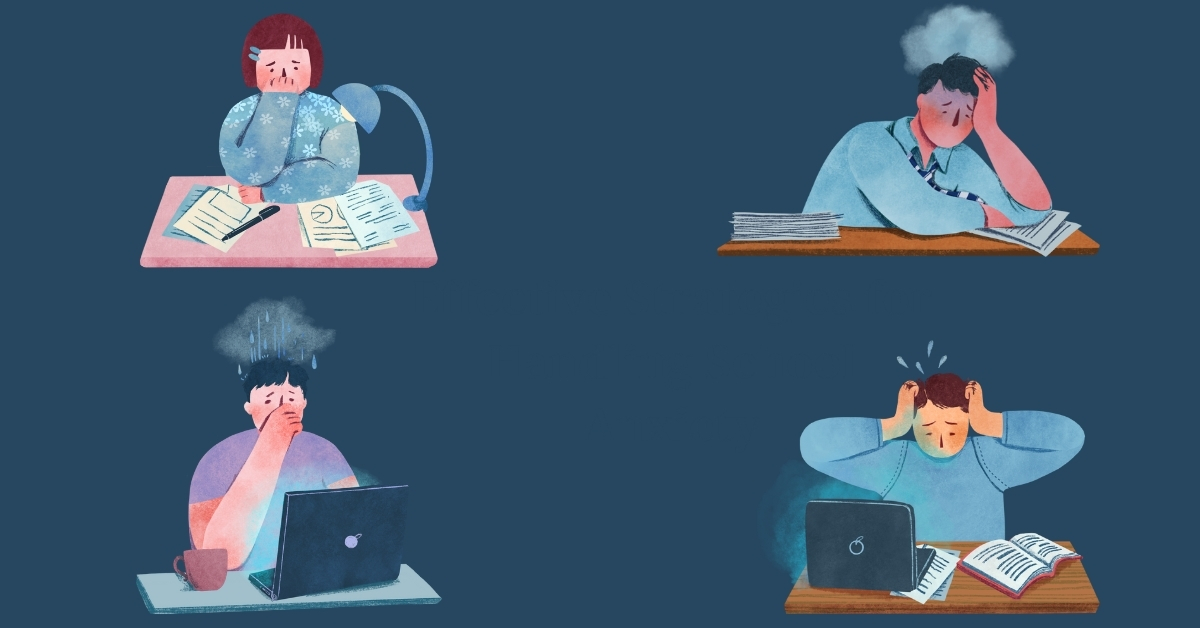Being anxious is normal at certain times; however, it’s a concern when it begins to interfere with your normal routine. And when it comes to kids, stress due to school is quite common. From feeling like ‘Why do I not fit well?’ or ‘What’s wrong with me?’, there are countless such questions that come across the minds of kids. When these signs of anxiety become too abrupt, it may indicate anxiety disorder, which is common in about 25 percent of students aged 13–18, according to a study.
Avoiding the signs and not learning how to deal with them could be an alarming situation, and that might restrict you from following your daily chores with complete focus. Anxiety not only affects academic performance but also hinders emotional well-being. Read below to explore some of the most helpful tips and strategies to cope with school anxiety.
5 Tips to Deal With School Anxiety
From recognizing and understanding your anxiety to learning coping strategies, given below are some of the most effective approaches to handling school anxiety.
Recognizing Anxiety
The first and foremost step is to identify and recognize the reasons behind the stress you feel. Anxiety may come in various forms, whether it’s examination anxiety, social anxiety, or separation anxiety. For example, if you’re feeling nervous or have a lack of concentration right before your exam, you might be dealing with examination anxiety.
Supportive Environment at Home
Parents play an important part when it comes to helping your kids deal with anxiety. Thus, kids who have a supportive environment at home and school are likely to have reduced levels of anxiety. Having the right morning routine in a calm environment greatly helps in easing stress.
Stress-handling strategies
Deep breathing exercises, positive self-talk, or mindful activities are great approaches when it comes to coping with anxiety. These activities are effective in encouraging kids to manage their anxiety with resilience and patience. For example, if you feel anxious right before giving a presentation at school, deep breathing for a few minutes will certainly work to ease your stress. These activities also make the kids realize that they’re perfectly ready for every task and will give their best to it.
Follow healthy habits
Incorporating healthy habits, such as waking up early, regular exercise or meditation, eating a balanced diet, and getting the right amount of sleep, into your lifestyle will ensure you’re consistent and self-confident, thereby lowering the risks of anxiety while simultaneously maintaining overall mental health.
Building Support Network
There are times when dealing with anxiety may not be possible single-handedly. In this case, building a strong and supportive network of your trusted peers, close friends, teachers, parents, or counselors will help you during such situations. They will not only be able to give you the right guidance, but you can also experience your thoughts and feelings in front of them openly, thereby lighting up your mood.







